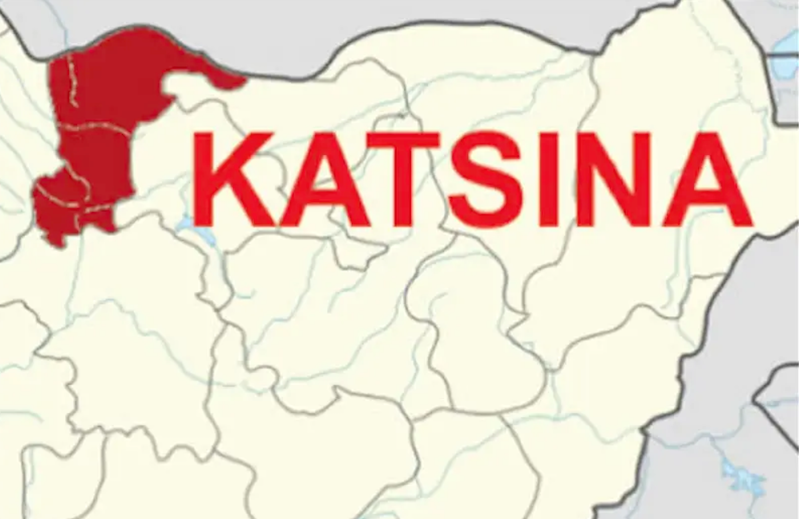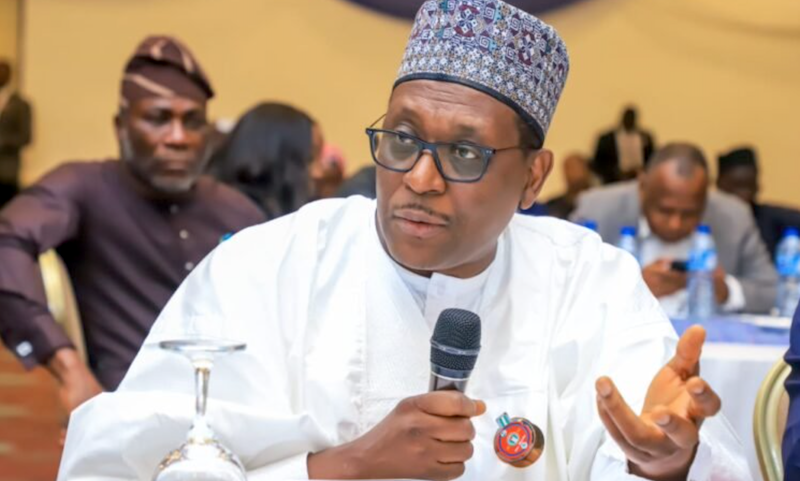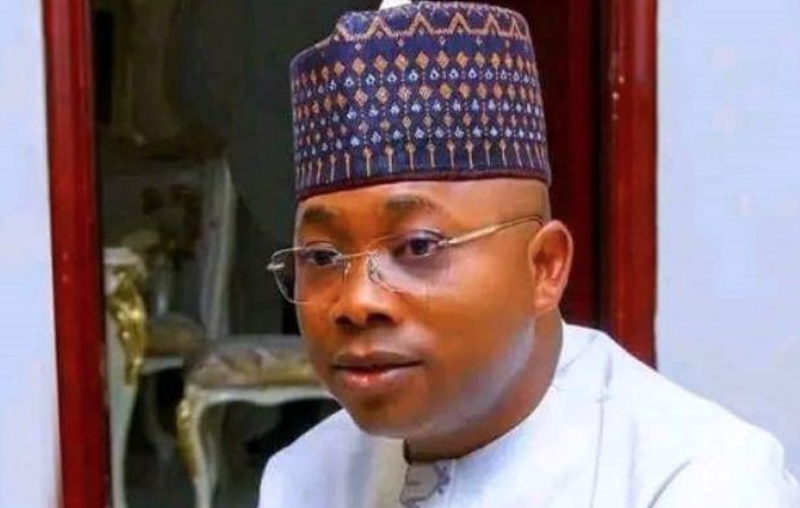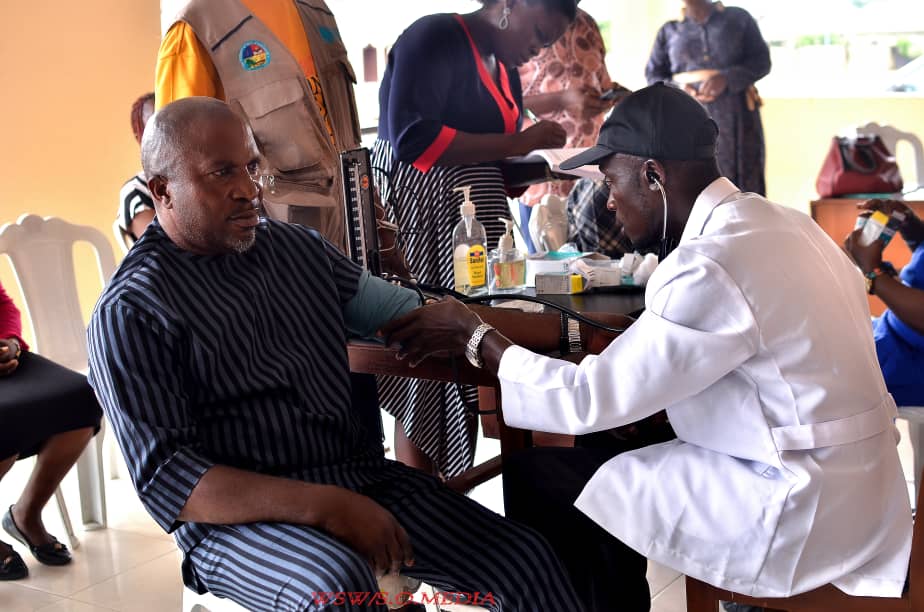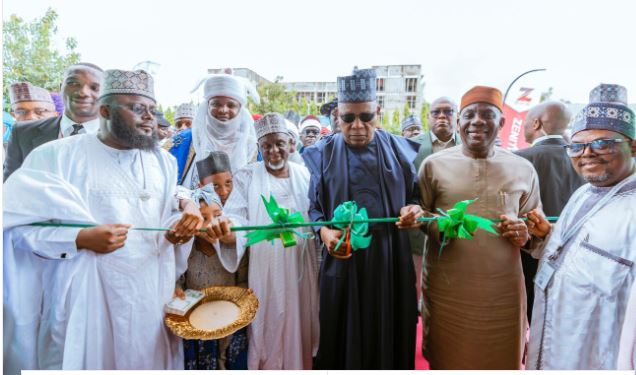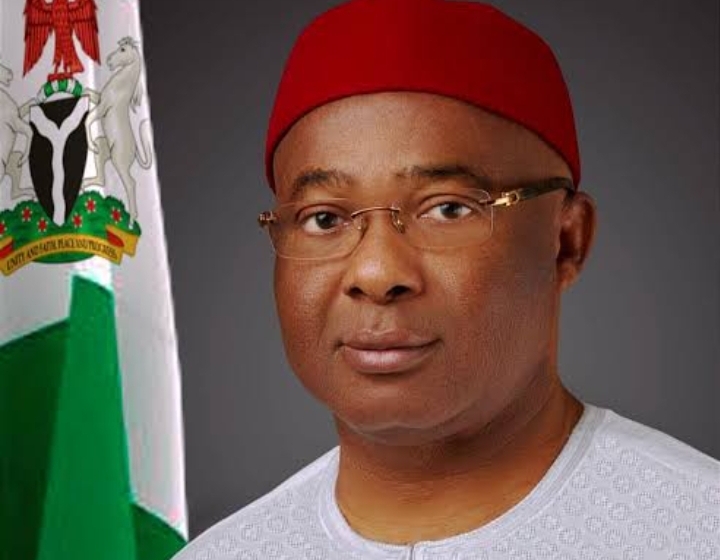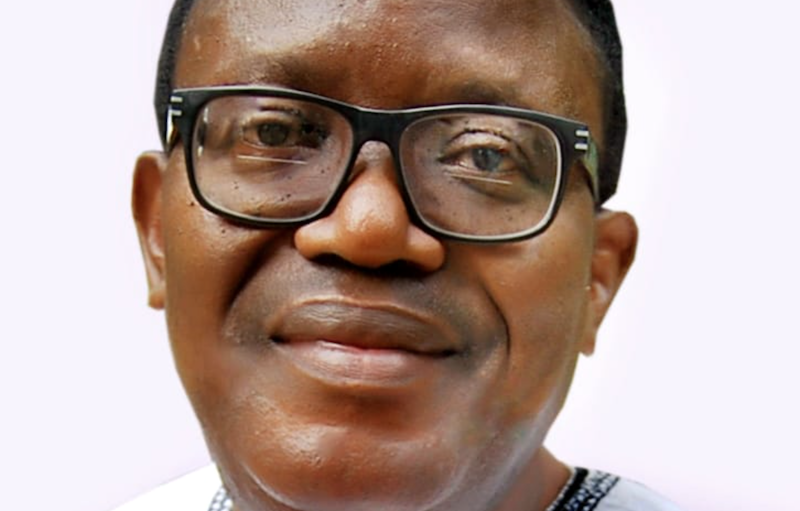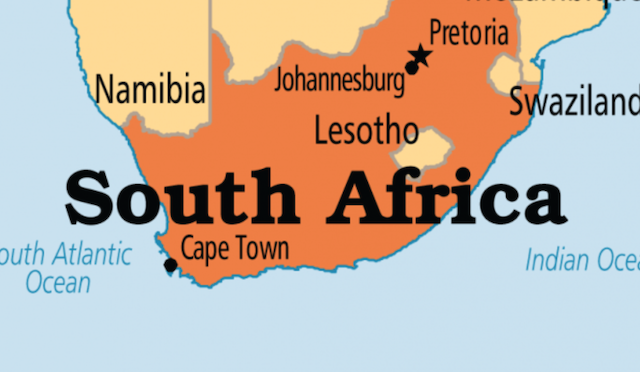Economic, social, and political conditions influence healthcare, a reflection of societal advancement. From ancient civilisations to modern nations, the development of healthcare systems has been a testament to societal priorities and quality of governance. The ability to deliver healthcare services reflects the state’s commitment to its citizens’ welfare and fosters long-term national growth by improving human capital and productivity. A nation’s healthcare infrastructure plays a vital role in shaping economic output, as healthier populations are more likely to contribute effectively to the workforce, innovate, and drive forward a country’s social and economic engine.
Moreover, healthcare advancements can serve as a unifying factor, bridging gaps in inequality and reinforcing trust in governance. The evolution of healthcare over the centuries reflects the continuous journey of societies striving for better living standards. From rudimentary herbal remedies to sophisticated surgeries and digital health solutions, healthcare advancements mirror human resilience and ingenuity. Societies prioritising health have often experienced more excellent political stability, longer life expectancies, and accelerated economic growth.
Ancient Egypt stands out as a prime example of a society that understood the importance of healthcare. In Deir el-Medina, a village housing workers was constructing royal tombs, and organised medical care was provided, highlighting the existence of one of the earliest governmental healthcare systems. Egyptian medicine was advanced, incorporating surgical skills, specialisation, and formal training. Physicians such as Imhotep revered as the first recorded physician, set foundational practices for the medical profession.
Modern parallels can be drawn to nations like Germany and Japan, whose healthcare systems are ranked among the best globally. Germany’s universal healthcare system, dating back to the 1880s under Chancellor Otto von Bismarck, covers over 90% of its population. The German system comprises comprehensive services, including maternity care, preventive medicine, and mental health support. Japan’s focus on preventive care has contributed to one of the highest life expectancy rates in the world, with average life expectancy reaching 84.6 years by 2023. This is primarily attributed to regular health check-ups, early disease detection, and an emphasis on diet and exercise.
Just as Ancient Egypt’s healthcare advancements reflected societal values, modern nations viewed healthcare improvements as essential progress indicators. Healthcare systems today drive societal growth by reducing mortality, enhancing quality of life, and enabling greater productivity and participation. However, a 2022 Lancet report ranking health systems performance using healthcare access and quality placed Nigeria at 142 out of 195 countries, right in the basement. The maternal mortality rate remains high, at 512 deaths per 100,000 live births as of 2023, the third highest globally. Only 39% of children were fully immunised, compared to the global average of 85, reflecting systemic challenges in healthcare delivery. High out-of-pocket expenses, limited healthcare infrastructure, and a shortage of medical personnel contributed to these statistics. However, countries like South Africa have an immunisation coverage rate of 82%, and Rwanda boasts a 95% immunisation rate, showcasing the potential for improvement through targeted healthcare policies and community engagement programs.
At the start of 2024, there was a palpable sense that healthcare was returning as a national priority in Nigeria. This renewed focus came after the appointment of Professor Muhammad Ali Pate as Coordinating Minister of Health in 2023. Last year witnessed a pivotal change in Nigeria’s health sector. Public intellectuals must objectively criticise government policies and officials because that forms the basis for improvement and growth. This critique often highlights areas of concern and challenges and calls for action by government officials and institutions responsible for them. However, recognising achievements and encouraging and praising where necessary are essential. Recognising achievements in the health sector boosts public morale, reinforces trust, and fosters innovation.
Under Professor Pate’s leadership, the Nigeria Health Sector Renewal Investment Initiative (NHSRII) was introduced to overhaul the health sector by addressing systemic issues and driving sustainable improvements. The initiative is anchored on four critical pillars: strengthening leadership, policy development, and accountability; enhancing infrastructure, training, and healthcare delivery; encouraging private sector investment and local manufacturing; and focusing on preparedness and response to health emergencies. NHSRII aims to reduce healthcare inequalities, promote gender equity in access to services, and ensure the sustainability of health reforms.
NHSRII is implemented through a Sector-Wide Approach (SWAp), which ensures coordinated action across all levels of government, aligns donor efforts with national policies, and fosters collaboration among stakeholders to drive meaningful progress. This integrated approach draws inspiration from successful models in countries like Ghana and Tanzania, where SWAp has been used to streamline donor funding and align development assistance with national healthcare strategies.
One of the most notable achievements in the past year in the health sector is the reduction in under-five mortality by 16.7%. This decline, from 132 per 1,000 live births in 2018 to 110 per 1,000 live births in 2023, marks significant progress in child health. The reduction highlights improvements in prenatal care, better nutrition programmes, and expanded vaccination campaigns. This significant reduction in under-five mortality should reassure the audience about the effectiveness and progress of the Healthcare system, instilling a sense of confidence and trust.
In 2024, Nigeria achieved a milestone in HPV vaccination, with 12.3 million girls aged 9-14 years vaccinated across all 36 states and the Federal Capital Territory (FCT), representing 96% of the target population. This achievement is the highest global coverage for HPV vaccination, providing a critical defence against cervical cancer. Cervical cancer remains a leading cause of cancer deaths among Nigerian women, making this effort pivotal in reducing long-term mortality rates. The initiative also underscores the importance of community engagement, school-based vaccination programs, and public awareness campaigns. By involving the community, these initiatives make every individual feel integral to the process, fostering a sense of involvement and responsibility.
In November 2024, Nigeria launched a malaria vaccine pilot program in Bayelsa and Kebbi states. Currently, 41,145 children have been vaccinated, reflecting the government’s commitment to addressing endemic diseases. Malaria accounts for 23% of child mortality in Nigeria, and the successful pilot paves the way for nationwide expansion, potentially saving thousands of lives annually.
Health insurance expansion is another critical area of progress. By 2024, all states had functional State Health Insurance Agencies (SSHIAs). Over NGN 12 billion has been disbursed, covering 1.7 million lives. The National Health Insurance Authority (NHIA) surpassed its 2024 target by enrolling 2 million Nigerians, representing a 14% increase from the previous year. Currently, 19.4 million individuals are insured, marking an essential step towards universal health coverage and reducing the financial burden of healthcare.
The healthcare sector is experiencing increased investment, with 74 pipeline companies actively discussing 22 significant projects. Most initiatives involve foreign manufacturers deploying funding to establish or support local manufacturing operations in Nigeria. This effort, amounting to over $2 billion, highlights the importance of regulatory support and market-shaping strategies.
Human resources for health have also been prioritised, with 53,732 health workers retrained across 32 states, contributing to improved service delivery. This retraining programme equips frontline health workers with updated maternal and child health skills, disease prevention, and emergency response. The curriculum integrates the latest medical advancements and emphasises hands-on training, ensuring healthcare workers are prepared to manage various health conditions. This investment in human capital is expected to enhance healthcare outcomes, reduce medical errors, and increase patient satisfaction.
One of the critical challenges facing Nigeria’s healthcare system is workforce migration. The exodus of skilled healthcare professionals seeking better opportunities abroad has led to a shortage of qualified personnel, straining the capacity of health facilities across the country. The National Policy on Health Workforce Migration was introduced in August 2024 to address this. This policy focuses on improving working conditions, offering better incentives, and providing career development opportunities to retain healthcare professionals. Salary increments, improved job security, and enhanced welfare packages are among the measures implemented to curb migration. Additionally, the initiative seeks to attract Nigerian healthcare workers from the diaspora, encouraging them to return and contribute to the local system by providing reintegration programs, competitive salaries, and grants for healthcare entrepreneurship.
Despite the modest progress, Nigeria faces budgetary constraints that threaten the sustainability of these reforms. President Bola Ahmed Tinubu’s proposed 2025 budget allocates only 5.18% (2.48 trillion naira) to healthcare, falling short of the 15% target set by the Abuja Declaration. This underscores the need for more effective use of available resources. The Sector-Wide Approach (SWAp) will be instrumental in ensuring that limited funds are maximised. By aligning donor contributions with national policies and creating a unified framework, Nigeria can enhance the efficiency and impact of health spending. Increasing domestic investment, fostering public-private partnerships, and expanding tax revenue allocated to healthcare will be crucial for sustaining progress and driving economic growth.
In conclusion, Nigeria’s renewed focus on healthcare signals a critical turning point in the nation’s development. The progress achieved through initiatives like NHSRII, immunisation programmes , and workforce retention strategies reflects a broader commitment to improving public health. Recognising achievements in the health sector energises the sector. By celebrating milestones and addressing challenges proactively, Nigeria can build a resilient healthcare system capable of meeting future needs and improving overall societal well-being. Sustained investment, collaboration, and accountability will be essential in ensuring the longevity and impact of these reforms.
